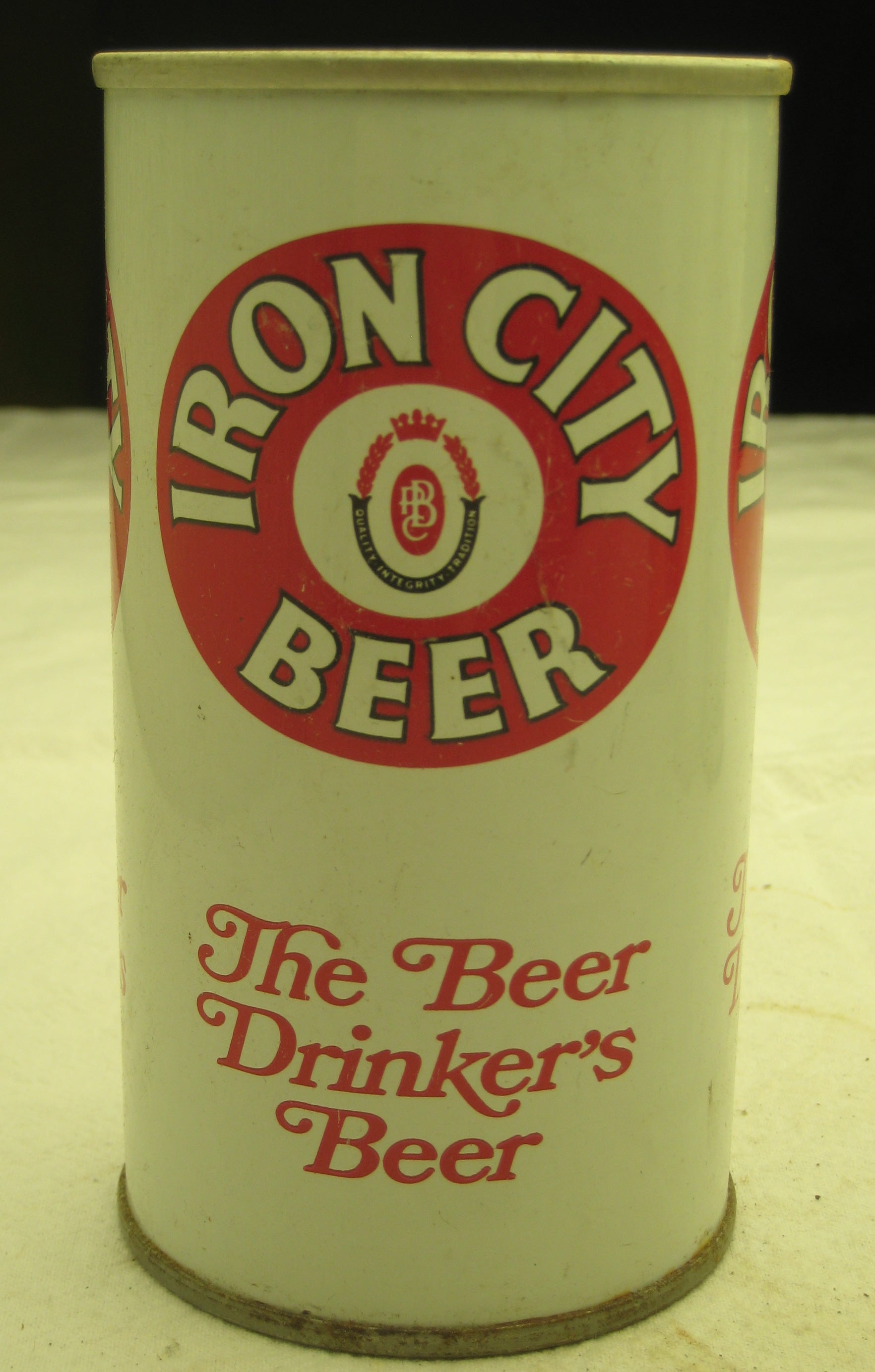Your cart is empty now.

Lost Edits: Iron City Beer
- 28 October, 2022
- Ray Hartjen
The paperback edition of Immaculate: How the Steelers Saved Pittsburgh, at booksellers everywhere on December 20, clocks in at 370 pages. Apparently, that’s a sizable book given the preferences of today’s readers.
The word count of our initial draft was about 135,000 words. Our publisher, Morgan James Publishing, thought it was too much. They wanted to put the story on a diet, cut it down in size.
You see, it seems the average non-fiction book tips the scales at a svelte 60,000 to 80,000 words. Fiction books, on the other hand, usually weigh in at between 80,000 to 100,000 words.
When Immaculate was being edited by Cortney Donelson, an accomplished writer in her own right, Morgan James asked her to see if she could cut it down in size. It turned out she could, but not by much. The completed, fully-edited manuscript was about 133,000 words,
Cortney did tighten up the manuscript though, and she suggested some cuts that didn’t make the final book. Oh, but as writers, Tom and I still wanted to share those stories. Below is one of them.
Before it was “Steel City,” Pittsburgh was “Iron City,” and its namesake beer, Iron City Beer, was the most popular beer in the region. Iron City Beer was, for many generations, ubiquitous at any gathering of yinzers.
So, for your reading pleasure, I hope, below, please find our “lost edit” of the story of Iron City Beer.

We’d be remiss to go over Pittsburgh’s “Iron City” nickname without mention of … Iron City Beer.
The Iron City Brewery began production in 1861, founded by Edward Frauenheim, a German immigrant. It started out on 17th Street, and became one of the first American breweries to produce a lager beer. It wouldn’t be long before the company started brewing Iron City Beer, its namesake beer that in many ways became synonymous with the city.
In five short years, PIttsburgh Brewing had grown too big for its initial location and moved operations to a four-story brick building at the corner of 34th Street and Liberty Avenue in the Lawrenceville neighborhood. Growth spurred the building of an additional three-story structure on the site three years later in 1869.
In 1899, Iron City Brewery merged with 12 other local breweries and nine others from outside the county to form the Pittsburgh Brewing Company, with the headquarters and main operations consolidated at the Lawrenceville facility.
Production—and consumption—continued swimmingly until Prohibition delivered a literal buzzkill starting in 1920. Until Prohibition was repealed with the passing of the 21st Amendment in 1933, the company kept itself afloat by producing soft drinks, ice cream and low alcohol/no alcohol "near beer," in addition to running a cold storage business.
It’s difficult to believe in today’s era of thousands of small brewers across the country, but by 1977, Iron City Brewing was one of just 40 brewers left in the United States, and it was quickly losing market share and facing a tough financial situation. The introduction of Iron City Light, or IC Light, came to the rescue, quickly capturing the lion’s share of the regional light beer market from Miller Lite and further strengthening Iron City as the beer for western Pennsylvanians.

The company transferred ownership a few times in the late 1980s, and in 1995, Pittsburgh native Joseph Piccirilli purchased the brewery with aims of modernizing operations, production and distribution into the 2000s. One of its subsequent innovations was the introduction of the aluminum beer bottle.
However, the early 2000s saw the return of troubled times for the brewing company, and it was forced to file for Chapter 11 bankruptcy protection in 2005.
Then, in 2007, a team of investors resurrected the brewery, honoring its heritage by changing the company name back to Iron City Brewing, and reintroducing the Iron City, IC Light and Augustiner beer brands back into the marketplace. They also revived the company’s slogan, “The Official Beer of the Pittsburgh Nation.”
Alas, Iron City Brewing is no longer in the Iron City of Pittsburgh. In May 2009, after nearly 150 years of being rooted in Lawrenceville, the company came to an agreement with City Brewing Company to begin production at its former Latrobe Brewing Company plant. Brewing started the very next month, with bottling and kegging following the month after.
In 2010, the vacated Lawrenceville facility was named a Pittsburgh Historic Landmark.
Search
Archive
- September 2024



